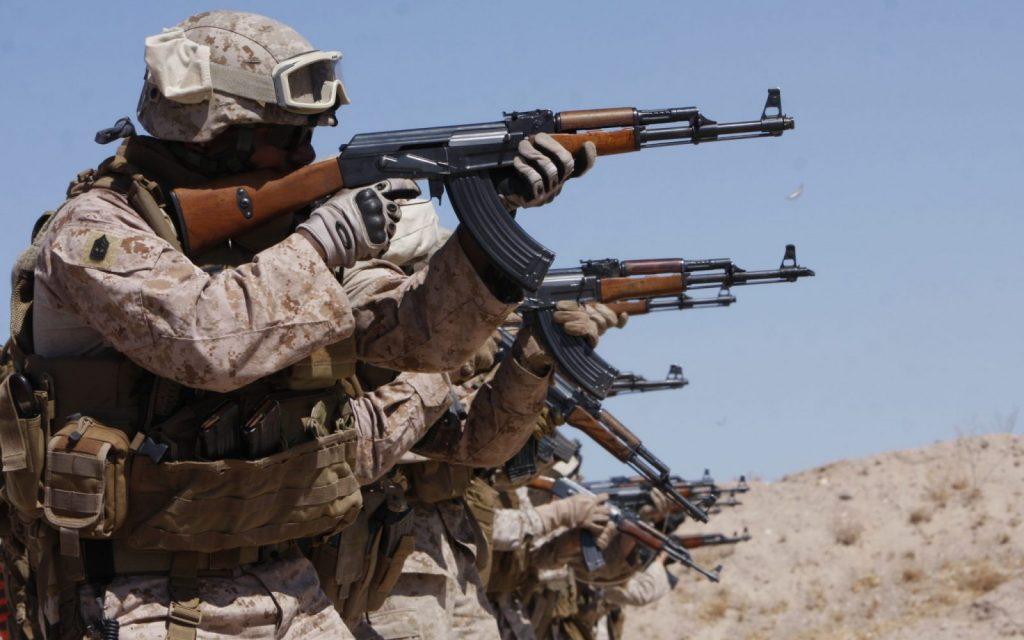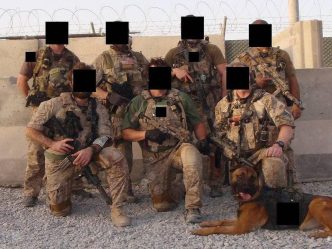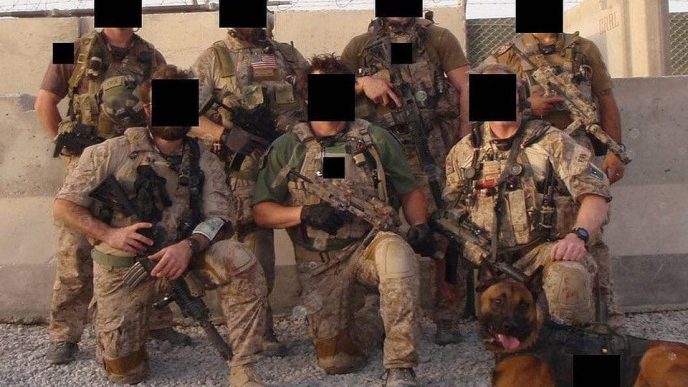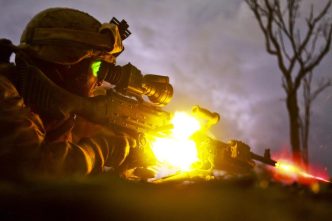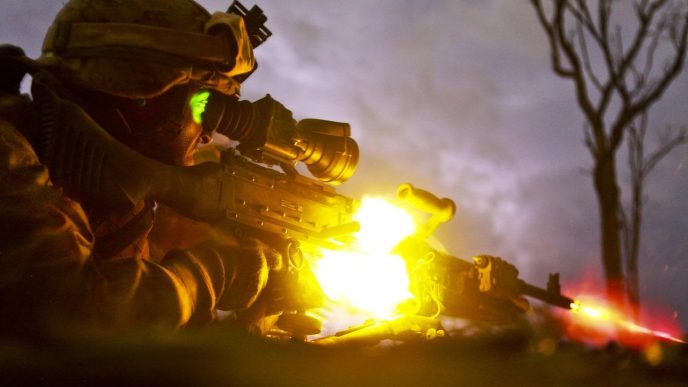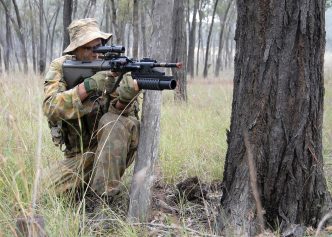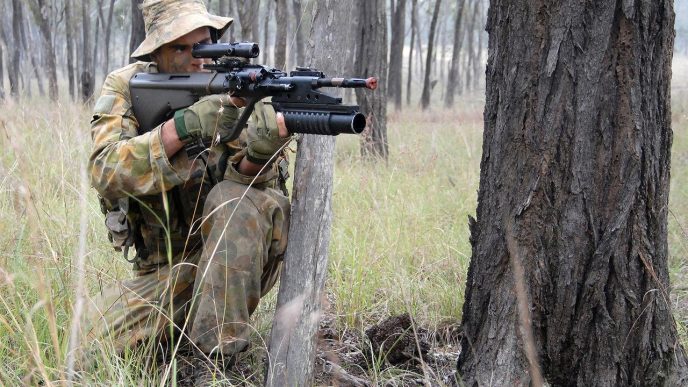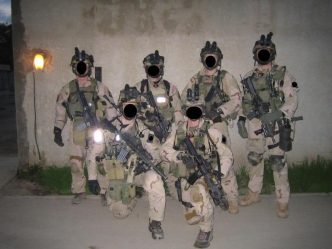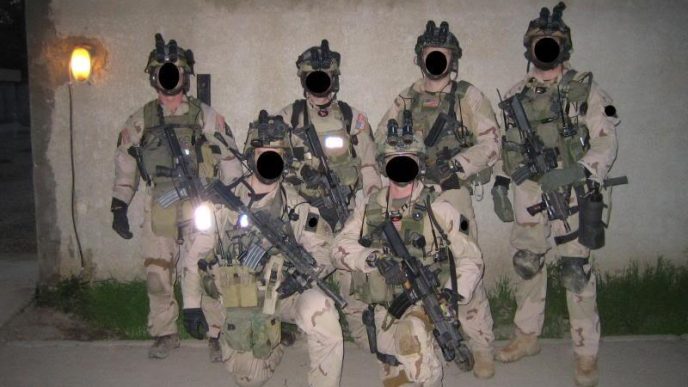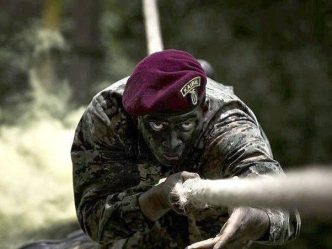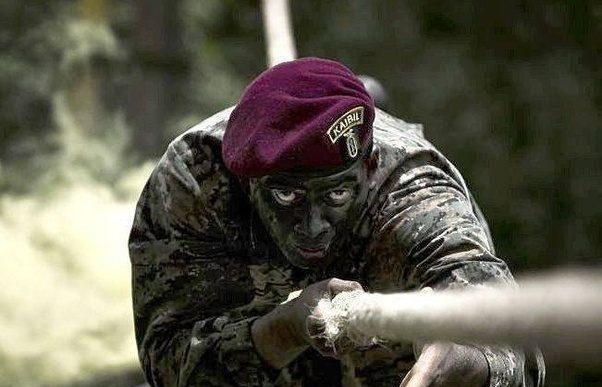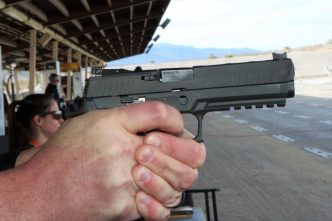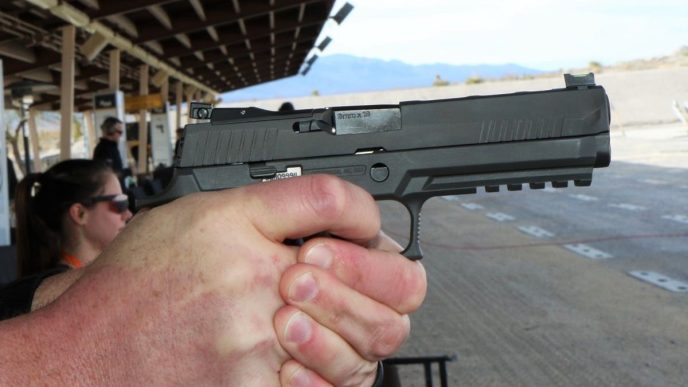Silenced weapons can be incredibly quiet, but it is important to note that almost any weapon can be silenced with the addition of a suppressor. However, it is worth noting that silenced weapons are generally not enough to prevent anyone from hearing them within a city block. For comparison, modern handguns produce between 156 and 168 dB when firing without a suppressor and 117 to 140 dB with one fitted. It should also be noted that the larger the caliber of a weapon, the louder the sound it produces when fired.
There are many solutions on the market for silencing weapons, but as a general rule of thumb, the larger the cartridge a weapon fires, the louder it will be, even when suppressed. This is due to the fundamental mechanics of a firearm, which involves the combustion of gunpowder that produces a gas that drives a bullet down a barrel that is slightly larger than its diameter.
How does the suppressor work?
The efficiency of a suppressor also depends on the cartridge being used. Therefore, the sound level of a suppressed firearm is entirely dependent on its caliber. This is why some of the quietest guns in the world are typically chambered in small calibers like .22lr.
To fully understand how suppressors work, it is necessary to understand the fundamental mechanics of a firearm. It is important to remember that the combustion of gunpowder produces a gas that drives a bullet down a barrel slightly larger than its diameter. When the bullet reaches the end of the barrel, the gas behind it is released.
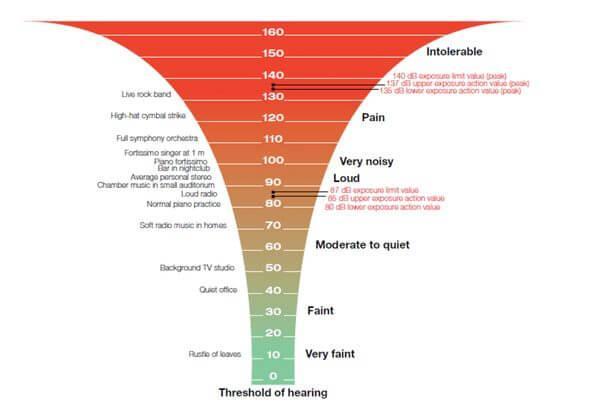
When a gun is fired, the gases produced by the combustion of gunpowder are released into the surrounding air, much like releasing the air from a balloon. This is why smoke comes out of the barrel when a gun is fired. The sudden release of gases causes a sound to be emitted, and the larger the caliber of the weapon, the louder the sound. In addition, suppressors only regulate the gases exiting the gun and do not address other sounds produced when a gun is fired, such as the combustion of the powder and the sound of the bullet slicing through the air.
To reduce these sounds, some of the quietest guns in the world use subsonic rounds, which have been purposely loaded with less powder than normal to reduce the sound of the powder combusting. Silenced weapons equipped with subsonic rounds are quieter than those with regular rounds.
Subsonic rounds
Guns that are genuinely effective with suppressors are purpose-built to tackle the issue of the bullet slicing through the air by firing cartridges with lower velocities, such as the .22lr mentioned before. It is worth noting that regular guns firing standard ammunition will still be loud with suppressors, even when equipped with a suppressor.
For example, the AR-15, which fires 5.56mm NATO, produces 167 dB of sound when unsuppressed and 136 dB of sound when suppressed, assuming it uses M193 5.56mm NATO.
Silenced weapons summary
Suppressors should be mandatory for self-defense in the home because firing a gun inside an enclosed space like a house can cause permanent or temporary hearing loss. It can also cause hearing loss to anyone nearby and can be unpleasant and potentially painful, even with a suppressed firearm.
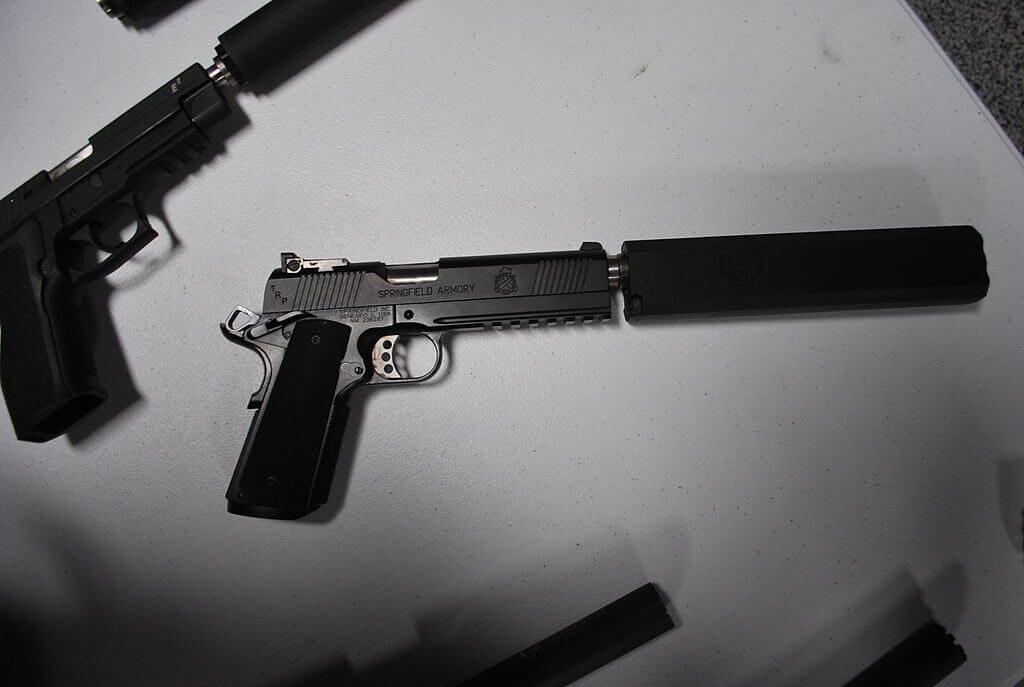
In serious, life-threatening situations, being unable to hear can increase the danger to you and those around you. While an AR-15 may be a good choice for home defense, firing a high-power rifle like a 0.308 inside a house can burst your eardrums and pose a risk of over-penetration. A suppressed 0.308 fired inside a house may be similar to setting off an M80 firecracker.
It is worth noting that even with ear protection, firing a shorter barreled 0.308 or a rifle with a muzzle brake can cause ear pain. Muzzle brakes are often banned in competitions for this reason. A 338 Lapua fired with a muzzle brake can cause ear pain even with double ear protection (earplugs and earmuffs) to someone standing next to the person firing the gun.
